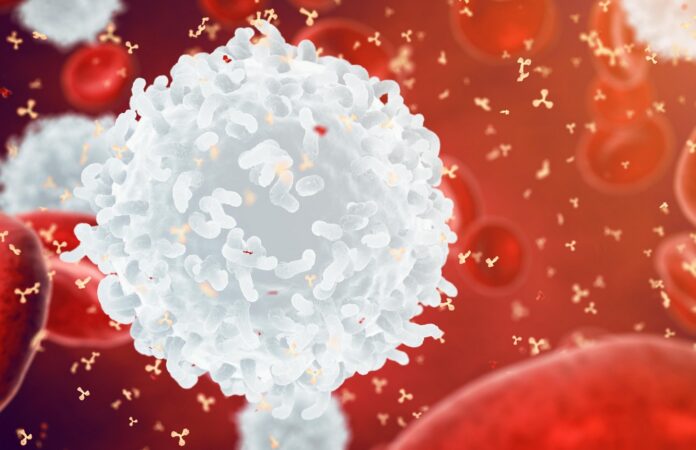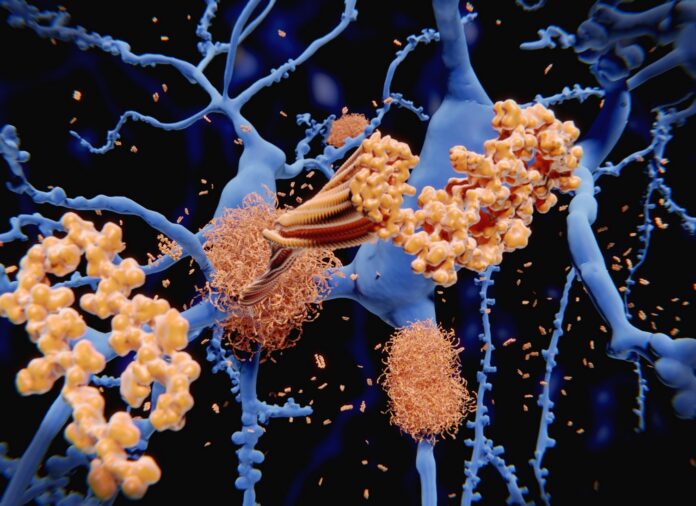In performance enhancement and longevity, synthetic peptides like Epitalon have gained significant attention for their potential benefits. These compounds, made up of short chains of amino acids, have shown promise in various fields, from bodybuilding to anti-aging. However, finding the correct dosage is paramount, as with any supplement or substance. In this article, you will delve into the complexities of synthetic peptides like epitalon peptide dosage and the potential health consequences that can arise when not cautiously approached.
Understanding Synthetic Peptides
Synthetic peptides represent a fascinating field of bioengineering, where scientists meticulously craft these compounds to replicate the functions of naturally occurring peptides within the human body. These artificial molecules have garnered significant attention for their versatility and potential in various applications. One notable area of interest is muscle growth, where synthetic peptides can be tailored to enhance muscle development and strength, offering potential benefits for athletes and individuals aiming to improve their physical performance.
Additionally, they hold promise in injury recovery, as certain peptides can be designed to accelerate tissue healing and regeneration, potentially shortening the recovery time for various injuries.
Furthermore, synthetic peptides have sparked excitement in the realm of fat loss, as they can be engineered to target specific mechanisms related to metabolism and fat burning. Moreover, their role in cellular longevity research offers intriguing possibilities for extending human lifespan by influencing cellular processes that contribute to aging.
1. The Dosage Challenge

Determining the appropriate dosage for synthetic peptides like Epitalon is a delicate balance. Unlike pharmaceutical drugs with well-established dosing guidelines, peptides often lack standardized recommendations. This can lead to epitalon peptide dosage dilemmas for individuals seeking their benefits. It’s essential to recognize that incorrect dosages can result in ineffective outcomes or, in some cases, adverse health effects.
2. Overdosage and Potential Health Risks

Overdosage remains a critical concern when it comes to the utilization of synthetic peptides, as some individuals erroneously believe that increasing the quantity of peptides will result in more substantial benefits. However, this misconception can have severe implications for one’s health and well-being.
One significant risk associated with overdosage is the potential strain it can place on various organs within the body. The excessive presence of synthetic peptides may overload the liver and kidneys, which play pivotal roles in processing and eliminating substances from the body. This undue stress can lead to organ dysfunction or damage, jeopardizing overall health.
Furthermore, overdosing on peptides can disrupt the delicate balance of hormones in the body. Hormones regulate numerous physiological processes, and an excess of synthetic peptides can interfere with these hormonal pathways, potentially leading to hormonal imbalances. This, in turn, can result in a myriad of health issues, ranging from mood swings and sleep disturbances to more severe conditions like metabolic disorders and infertility.
Additionally, overuse of synthetic peptides can increase the likelihood of adverse reactions or side effects. These may include allergic reactions, digestive disturbances, and even cardiovascular problems in some cases. Such unintended consequences can significantly impact an individual’s health and overall well-being.
3. Hormonal Imbalances

Hormonal imbalances caused by the improper use of synthetic peptides, particularly those like Growth Hormone Releasing Peptides (GHRPs) and Insulin-Like Growth Factor-1 (IGF-1), can have far-reaching consequences that extend beyond merely affecting muscle growth. These peptides, when administered in excessive amounts, can significantly disrupt the intricate hormonal system that governs various bodily functions, potentially jeopardizing overall health and well-being.
One of the primary concerns with hormonal imbalances induced by these peptides is their impact on muscle growth. While these peptides are often sought after for their potential to enhance muscle development and strength, excessive dosages can lead to the body’s inability to regulate muscle growth effectively. This may result in disproportionate or unnatural muscle gains, which can be aesthetically displeasing and may carry long-term health risks.
Furthermore, hormonal fluctuations triggered by synthetic peptides can extend their influence to other aspects of an individual’s life. Mood swings and irritability are common manifestations of hormonal imbalances, which can have a profound impact on one’s emotional well-being and interpersonal relationships. Sleep disturbances, including insomnia or disrupted sleep patterns, can also occur, further exacerbating the negative effects on mental and physical health.
Moreover, hormonal imbalances induced by synthetic peptides can potentially lead to more serious health issues if left unaddressed. These may include metabolic disorders, cardiovascular complications, and even fertility problems, emphasizing the need for careful and responsible usage.
4. Organ Strain

The liver and kidneys play a crucial part in metabolizing and eliminating substances from the body. Overloading these organs with excessive peptide dosages can lead to strain and potential damage over time. Considering the long-term implications of synthetic peptides like Epitalon use on organ health is essential.
5. Immune System Dysregulation

Peptides that enhance the immune system, such as Thymosin Alpha-1 (Tα1), can have immunomodulatory effects. While these peptides have therapeutic potential, incorrect dosing may lead to immune system dysregulation, increasing the risk of autoimmune reactions or infections.
6. Dependency and Tolerance

Another dosage-related concern is the potential for dependency and tolerance. Some users may gradually increase their peptide dosages to maintain desired effects. It can lead to a cycle of escalating consumption, which not only poses health risks but also raises ethical questions about dependency on synthetic substances.
Conclusion
The complexities surrounding synthetic peptide dosage and potential health consequences underscore the need for caution and responsibility when considering their use. While these compounds hold promise for various applications, including performance enhancement and anti-aging, it is crucial to approach such drugs with a thorough understanding of their mechanisms, potential risks, and the importance of appropriate dosing.
Seeking guidance from healthcare professionals or experts in Epitalon peptide supplementation is highly advisable. Moreover, individuals should adhere strictly to recommended dosages, often provided by reputable manufacturers or clinicians familiar with peptide therapies.
Synthetic peptides offer exciting possibilities in the quest for better performance, longevity, and well-being. However, the allure of potential benefits should not overshadow the importance of responsible usage and careful consideration of dosage. By addressing the dosage dilemmas and possible health consequences associated with synthetic peptides, individuals can make informed decisions and prioritize their overall health and safety while exploring the world of peptide supplementation.









